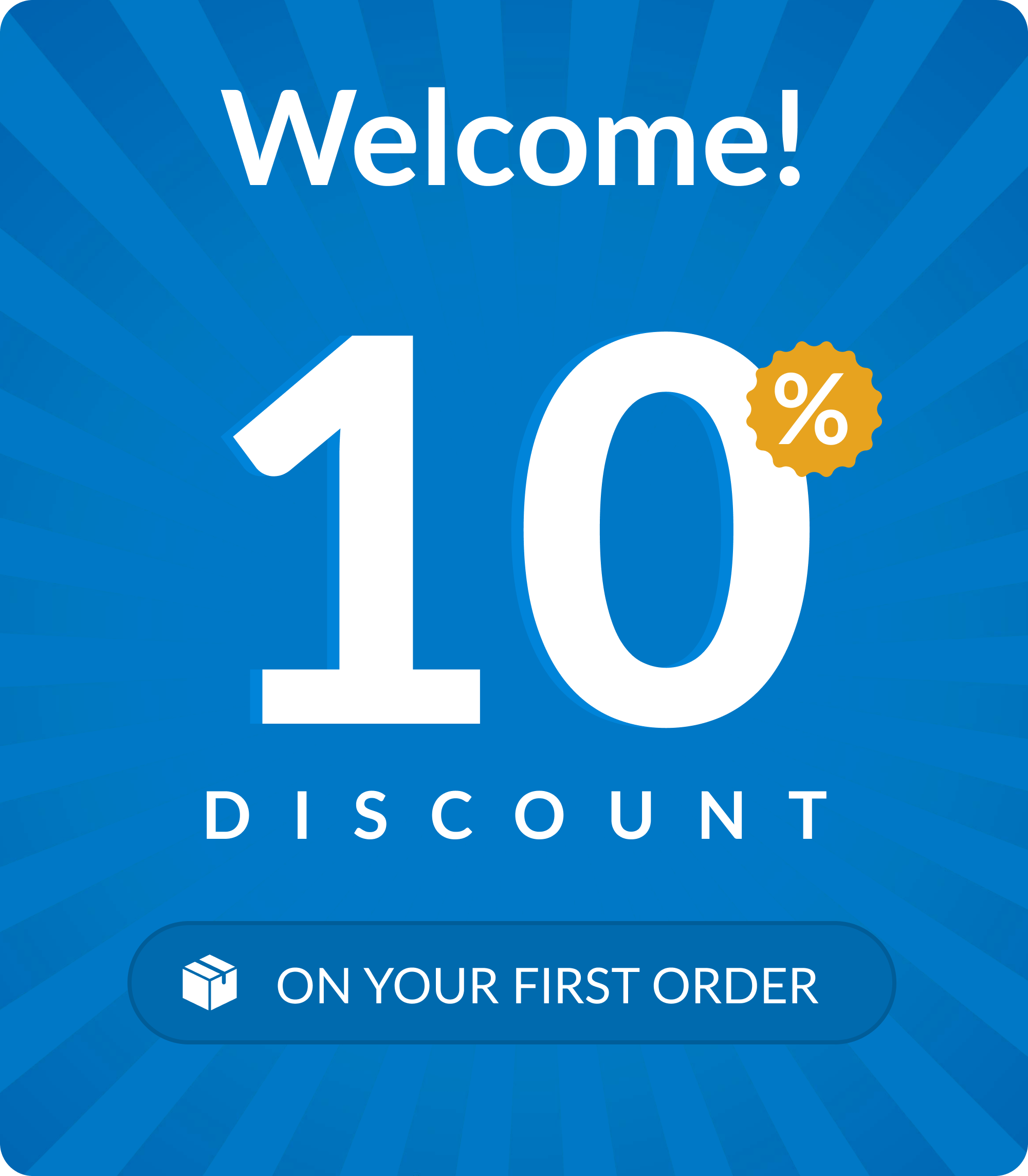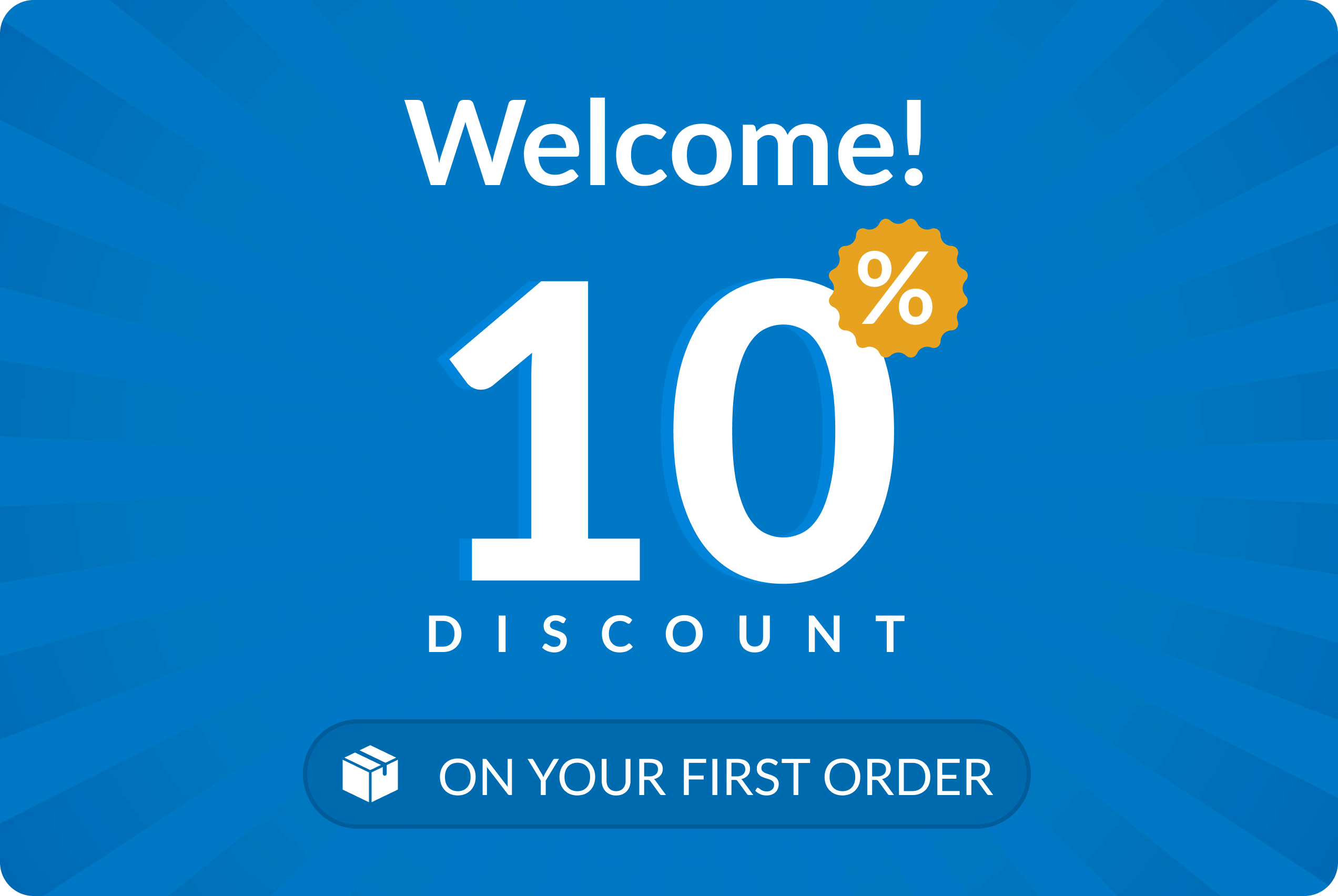Preschool Math
- Continuing education credit hours 0.30
- Mobile-Friendly, Self-Paced Format
- Nationally-Accredited, Regulatory-Approved

Course Objectives
Identify the sequence of development of math concepts
Identify main math skills and concepts
Give examples of both planned and incidental math learning experiences
List appropriate materials for a math discovery classroom area
Course Description
This online child care training is designed to guide teachers and child care providers in implementing math curricular activities and learning into the preschool program .You do not have to have a degree in physics to help young children in your early childhood program learn about math. The rudiments of a math curriculum start with the child and the world around them. This online workshop lesson will guide you in helping children learn about math as they explore and discover and have fun!
Regulations/Board Approvals
Approved by IACET
Preschool Math Training Course - An Overview
This course is designed for teachers and child care providers who intend to incorporate preschool math learning into their schedule. Preschoolers will learn math with the help of practical tools and techniques in their early childhood education. The course will introduce foundational math concepts with the help of hands-on activities, everyday interactions, and play-based learning.
Why Early Math Skills Are Important for Preschoolers?
Without the right mathematics skills, preschoolers will not be able to solve problems easily. These skills help children prepare for success in school.
Builds Problem-Solving Skills
Learning math helps preschoolers build critical thinking and problem-solving abilities. These skills are useful in math and in everyday situations such as solving a puzzle.
Improves language and Communication
When you talk about shapes, numbers, and patterns, it boosts a child’s vocabulary and builds communication skills. It enables them to express their ideas well and understand concepts such as quantity, size, and order.
Supports School Readiness
When you expose your child to math early in school, they learn complex concepts easily. It builds confidence and creates a strong foundation for future success.
Encourages Curiosity and Exploration
Math activities encourage kids to ask questions, to explore, and to make discoveries. This curiosity nurtures love for learning, enabling children to engage actively with their environment.
Develops Everyday Life Skills
Sorting, counting, and measuring are practical skills that children use daily. These activities help them understand more about time, money, and real-world concepts.
Engaging Preschool Math Activities for Every Day
When you introduce math into everyday activities, it makes learning fun and natural for preschoolers. Here are engaging math activities for every day.
Counting During Snack Time
Encourage children to count crackers, fruit slices, or any other snack before eating them. This builds basic counting skills.
Shape Hunt Around The Room
Ask children to find objects such as circles, squares, or triangles in the classroom or at home. This helps them recognize and name shapes and also enhance observation skills.
Building Towers Using Blocks
Challenge preschoolers to build towers using blocks or create patterns with the help of different colors. This enhances counting ability, spatial awareness, and fine motor skills.
Learn Measurement With Everyday Items
Use everyday items such as spoons and crayons to measure the length of items around the room. This helps them learn about measurement in a fun and tangible manner.
Pattern Play
Encourage children to create patterns with the help of beads, buttons, or small items. For example, they can alternate between two colors or sizes.
Get the children to play these preschool math activities and learn the subject in an easy and fun manner.
How to Make Math Fun and Interactive for Preschoolers?
When you use hands-on activities and playful experiences, children enjoy learning and feel more engaged to explore the shapes, numbers, and patterns.
Use Games and Puzzles
Play card games, board games, and puzzles that involve counting or matching. These make math exciting.
Utilize Music and Movement
Sing songs with numbers or have kids hop, jump, or clap while counting. When you add movement, it makes learning interactive.
Make Art with Math
Let kids create shapes and patterns with the help of beads, crayons, or stickers. This encourages creativity while teaching essential concepts.
Go Outdoors and Learn
Explore math outdoors by counting leaves and finding shapes out in nature. This helps children connect math to the real world while keeping children active and curious.
Top Preschool Math Concepts To Teach
It is simple to teach math to preschoolers through easy concepts that relate to everyday experiences. Here are the top concepts you must teach:
Counting And Numbers
Teach children to count objects and recognize numbers. This introduces them to the idea of quantity and numbers.
Shapes And Geometry
This will help them identify and name shapes such as squares, circles, and triangles. It gives an exposure of the world to them and introduces them to geometry.
Patterns And Sequencing
Show kids how to spot and create patterns with the help of shapes, colors, or objects. This improves their ability to predict and understand order.
Sorting And Categorizing
Encourage children to group items by color, size, or type. Sorting helps them develop critical thinking skills and know relationships between objects.
Measurement And Comparison
Teach them simple measurements such as ‘long’ and ‘short’ and help them compare objects. This helps children understand the weight and size.
Using Play-Based Learning for Preschool Math
Play-based learning is fun and exciting for preschoolers. With the help of games and activities, children can develop key math skills.
Counting With Toys
Use blocks, cars, or dolls to practice counting. Children can count while playing, making the learning process enjoyable and meaningful.
Exploring Shapes With Building Activities
Provide materials like blocks, LEGO, or playdough to create and explore shapes. Building helps children understand geometry and spatial awareness through hands-on play.
Sorting Games
Encourage kids to sort objects like buttons, beads, or toy animals by color, size, or type. Sorting promotes categorization and introduces basic math concepts in a playful way.
Outdoor Math Adventures
Take learning outside with activities like counting steps, finding shapes in nature, or comparing the lengths of sticks. Outdoor play connects math to the real world and keeps children engaged.
Pattern Play
Use colorful beads, stickers, or toy cars to create and extend patterns. Recognizing and making patterns builds sequencing and critical thinking skills.
Benefits of Incorporating Math Into Daily Routines
When you incorporate math into daily routine, it helps preschoolers perceive math as a natural part of their world. It boosts their confidence and makes them curious about the subject. Know about its benefits here:
Improves Problem-Solving Skills
Math tasks such as toy counting teach children to think critically and solve problems. These skills help you achieve success in school and life.
Improves Math Understanding
Repeated exposure to math concepts such as measuring ingredients reinforces learning. It helps children understand math concepts easily.
Builds Confidence
When children engage with math in fun ways, they feel confident and capable.
Creates Connection With The Real World
Using math in daily activities such as telling time or comparing prices shows children how math is relevant in their lives.
Resources And Tools for Teaching Preschool Math
Using the right resources and tools can make teaching math to preschoolers more effective. Here are tools that provide hands-on learning opportunities:
Counting Manipulative
Objects such as buttons or small toys are helpful in teaching counting, sorting, and basic math operations. These tools make abstract concepts tangible and easier to understand.
Shape And Pattern Boards
Boards or puzzles with shapes and patterns help children recognize geometric figures and create patterns. These develop spatial awareness and sequencing skills.
Interactive Math Apps And Games
Digital tools can teach math through interactive activities. These make learning fun and reinforce key concepts.
Pretend Play Props
Toys such as kitchen sets and play money encourage children to use math in imaginative play. This helps in counting, adding, and knowing more about value in real-life situations.
Child Care Lounge online classes have been accredited and approved to show that they are of the highest quality.







